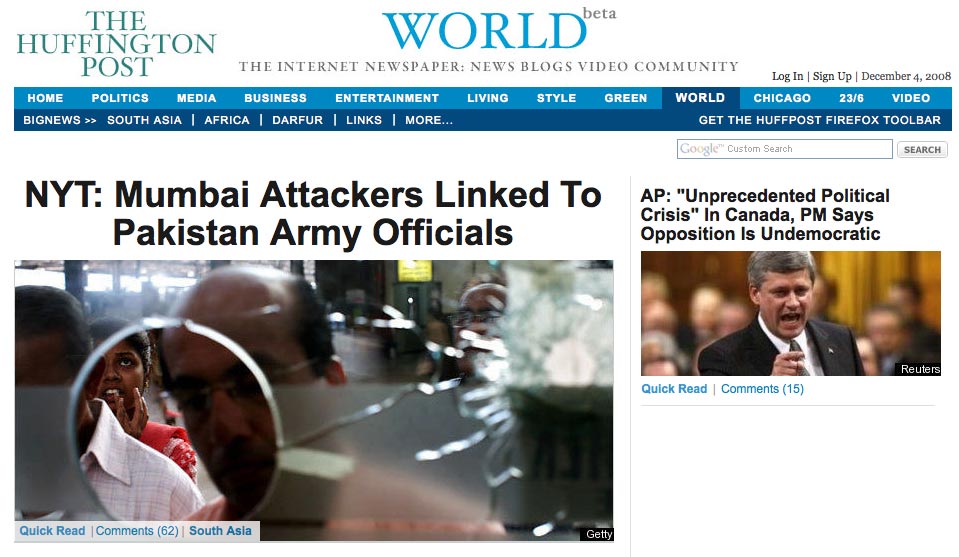Last week Journalism.co.uk reported on Futurity.org, publicised as an online news service through which US university departments will publish their scientific findings directly online in a digestible format – a project designed to combat a reduction in science reporting in mainstream media.
We were interested to learn that the site would be included in Google News and asked Lisa Lapin, one of Futurity’s founders and assistant vice president for communications at Stanford University, for more information.
“Google News is recognising Futurity as a news organisation and will be capturing our news for search, and for display within Google News, as they would another news organisation,” she told Journalism.co.uk.
A release initially announced 35 partners, although we now count a total of 39 participating universities featured on the site. All are members of the Association of American Universities (AAU), an association of leading public and private research universities in the United States and Canada.
We asked Lapin if they would be adding even more to the service:
“As for partners, we wanted to begin with a reasonable size and institutions that have strong research programmes – thus it was natural for us to include AAU universities,” she said.
“To be elected to the AAU is quite an accomplishment and there is already criteria that we didn’t need to develop. There are 62 AAU universities in the US and Canada. We will discuss expanding futurity.org membership, but we would need to develop some criteria to assure that the news remains truly the greatest discoveries coming out of research universities.”
The project has attracted some criticism, as reported by the San Jose Mercury News:
“Any information is better than no information,” said Charlie Petit, a former science reporter at U.S. News & World Report and the San Francisco Chronicle.
“The quality of research university news releases is quite high. They are rather reliable,” he added. “But they are completely absent any skepticism or investigative side.”
Petit followed up with a lengthier comment and example on the Knight Science Journalism Tracker, and said that press releases published by Futurity should be clearly labelled as such:
“Press releases can and often do carry real news, and in professional and ethical style. In aggregate, they serve reporters and the public in an essential way. However: They may be science writing. They are not independent journalism that seeks (if not always successfully) to get wide opinion and angles on the news. This is not a fine point. It is essential that the distinction be clear.”
Related: Columbia Journalism Review: Is Futurity the Future?
